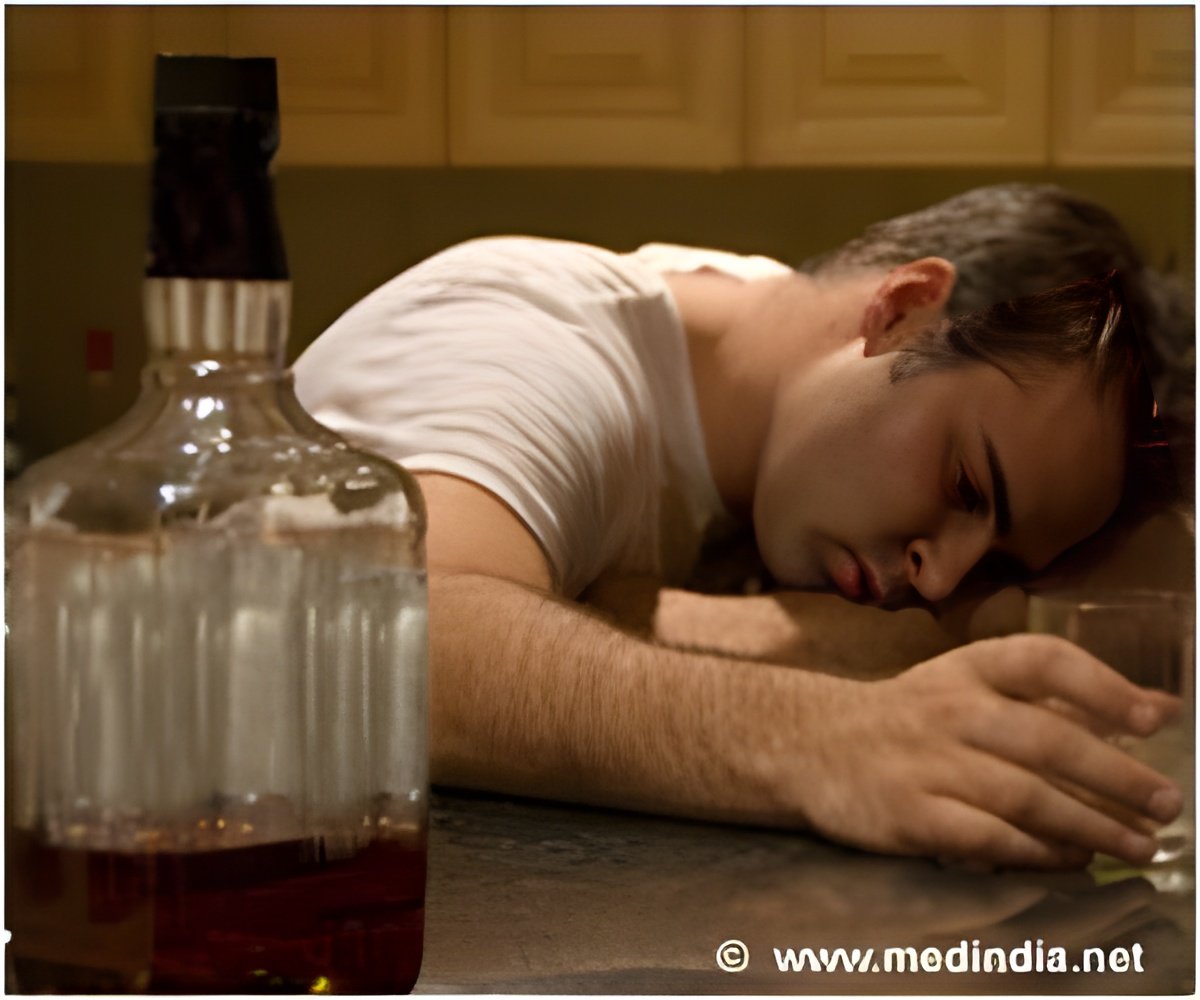Latest UK alcohol strategy incorporates a plan to make sure that General Practitioners (GPs) counsel heavy drinkers to lessen consumption states The Government's Alcohol Strategy on 23 March 2012.

Among the many different components of the advice, such as providing information on the harms of excessive drinking, trying to boost motivation and self-confidence, and advising on avoidance of social cues for drinking, they found that the most effective piece of advice was to encourage the patient to monitor his or her alcohol consumption, typically by keeping a daily record.
Lead author Susan Michie, Professor of Health Psychology at University College London, explains why self-monitoring is such helpful advice: "In brief interventions, it's important to advise people how to reduce their drinking rather than just saying they ought to drink less. Getting patients to record how much alcohol they drink each day provides a concrete, easy task that raises their awareness of their behaviour and how well they are doing in staying within limits that they set themselves. This may seem like common sense but common sense needs to be supported by hard evidence for it to be acted upon in official policies."
Source-Eurekalert









